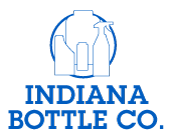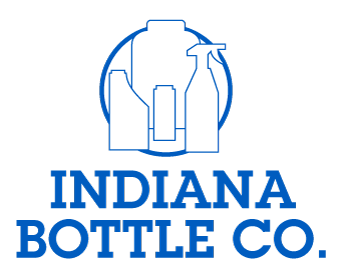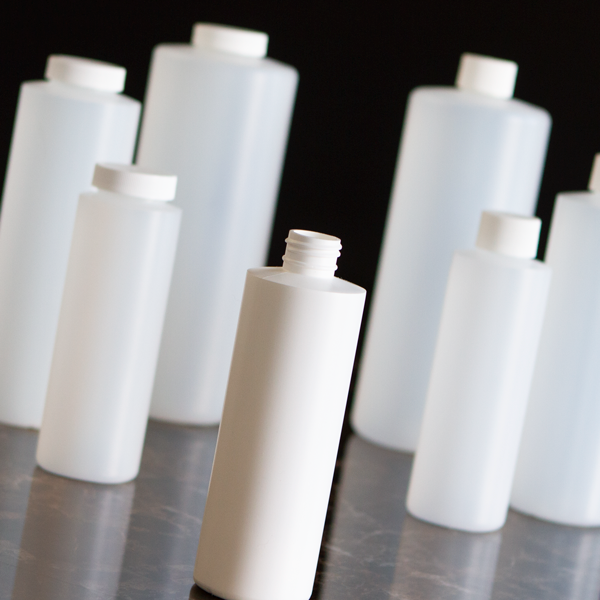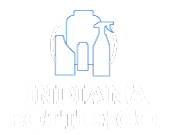Shell uses plastic waste to produce resin feedstocks
Shell says that it has successfully made “high-end” chemicals using a liquid feedstock made from plastic waste using a pyrolysis process that is considered a breakthrough for hard-to-recycle plastics. The initiative advances Shell’s ambition to use one million tonnes of plastic waste a year in its global chemical plants by 2025.
Atlanta-based Nexus Fuels LLC recently supplied its first cargo of pyrolysis liquid to Shell’s chemical plant in Norco, LA, where it was made into chemicals that are the raw materials for everyday items. Shell Chemicals manufactures ethylene, propylene, and butadiene at the site.
According to a Nexus Fuels company spokesperson, “Our process uses HDPE, LDPE, PP, and PS. Our sources for material are primarily post-industrial and post-retail. At present, we are not taking post-consumer due to high contamination levels.”
The Nexus process is operational at a commercial scale and scalable—50-tonnes/day at the plant in Atlanta, GA. Nexus claims five times better EROEI (energy returned over energy invested) and 25% more liquid per tonne of waste with less char. It is less than one-quarter the cost per tonne compared with other pyrolysis systems.
“This [move] makes sense for the environment and our business,” said Thomas Casparie, Executive Vice President of Shell’s global chemicals business. “We want to take waste plastics that are tough to recycle by traditional methods and turn them back into chemicals – creating a circle. These chemicals will meet our customers’ growing demands for high quality and sustainable products.”
Shell is working with multiple companies who collect and transform plastic waste in order to scale this solution to industrial and profitable quantities across its chemical plants in Asia, Europe, and North America.
Shell is a founding member of the Alliance to End Plastic Waste (AEPW). This not-for-profit organization is bringing together top minds from across the plastics value chain (chemicals and plastics manufacturers, consumer goods companies, retailers, converters and waste management companies) and partnering with the financial community, governments and civil society. The AEPW has committed $1.5 billion over the next five years to help end plastic waste in the environment.
Shell is also working with its retail, business fuels and lubricants customers to help reduce, reuse and recycle plastic packaging.
Pyrolysis is a chemical recycling process of heating plastic waste without oxygen, such that it breaks down the longer chain polymers into shorter chain materials. These products can then be further processed into chemical feedstocks or fuels. Pyrolysis can be more effective than the traditional mechanical recycling process of melting as it does not degrade the quality of the final plastic and requires less intensive sorting of the initial waste.




